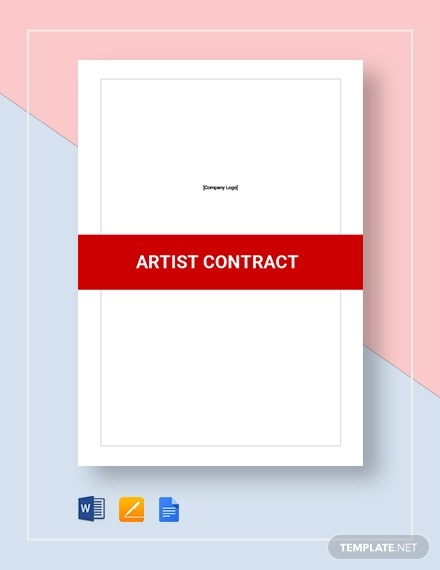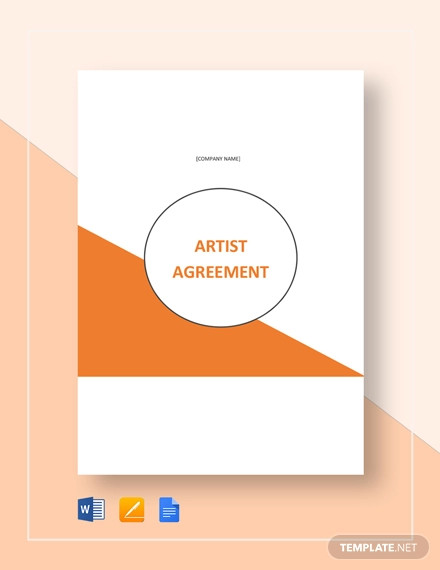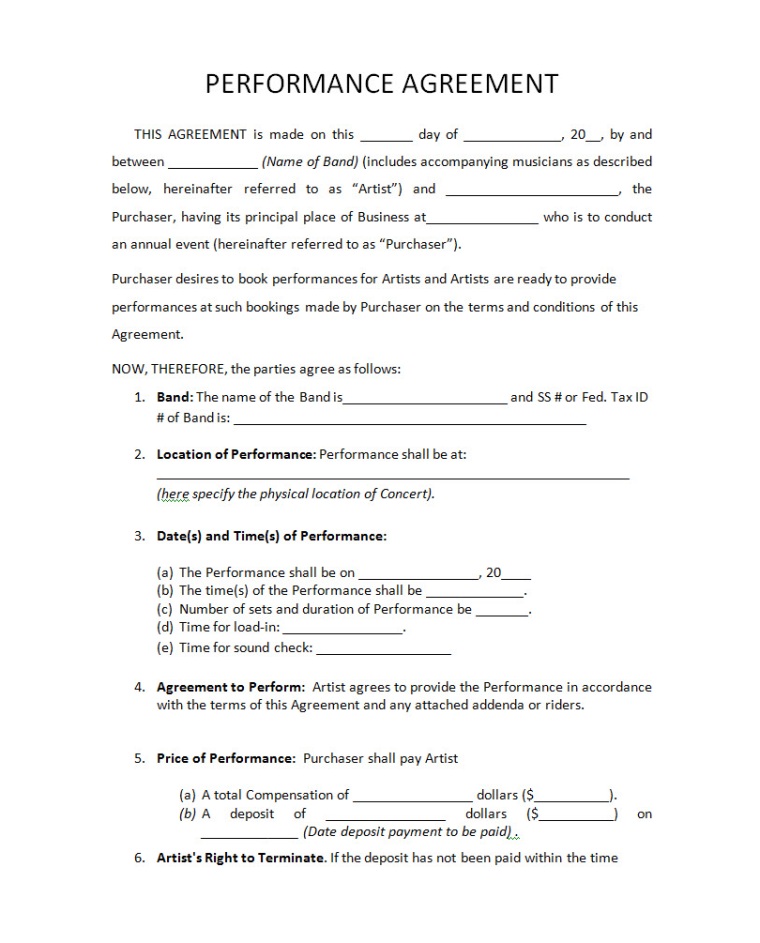

The agreement or contract is the legal document between an artist or owner of an artwork and a borrowing institution, or between an exhibition organizer and the host venue. They are written to specify details about work to be undertaken and the expected outcomes. Formal agreements give both parties a clear point of reference as to their individual duties and responsibilities.
The contract should confirm the specific details of the content of an exhibition such as:



You need a contract because human relationships are inevitably messy, memories are often imperfect, and thus unreliable, and communication is often ambiguous. A contract cannot protect you from any of this. In fact, nothing can. But it can bring you some clarity and consensus.
Clarity because everything you agree upon will be put in writing. Everything that was said, and even those that are not said, will be tangible so that all parties can review it before embarking on a joint project. Consensus because each party must agree to what is written before proceeding further. If any problems arise afterward, the contract stands as the objective document to fall back on.
Simply put, a contract is a document that can protect all parties by avoiding misunderstandings and serving as a paper trail if things do go wrong. It will outline the terms and conditions under which you will perform your work, what you will provide to the client, and what they will provide to you in return. Its purpose is also to anticipate problems and clarify the responsibilities of both parties should problems arise.
A contract isn’t necessarily a thick document with lots of legalese. A contract can be a simple outline of the terms and conditions by which you and your client agree to work. Or it can be a complex document of several pages, depending on the intricacy of the project or the number of elements involved.
Its purpose is to set forth the terms of work – deadlines, the scope of work, and limitations, contingencies in case of unexpected changes and potential misunderstandings. More than anything, putting these items in writing prevents miscommunication and keeps everyone’s stress level low.
Many creative professionals believe that contracts are only necessary for big jobs with big fees for big clients. They often skip the paperwork on small projects. But it’s actually the little stuff that has the most potential to cause time-consuming, expensive problems.
Contracts are especially important for creative professionals because when you sell your work, you are also selling a right to your property – in this case, your intellectual property, which is intangible. And because it’s intangible, the process may be less clear that if the object in question were tangible, like a car or a house.
However, a contract is only as good as the people signing it. Business relationships are built on trust. In fact, many agreements are made on a handshake and that is enough if both parties are trustworthy. So the rule to live by is this: If you sense that your partner is not negotiating in good faith, walk away. Nothing you put in a contract will be able to protect you.
What about a contract’s ability to anticipate what might happen? In real life you can’t predict everything that could possibly happen, so don’t spend too much time thinking about every single “what if.” If you’re dealing with honorable people, you’ll come up with an acceptable solution to an unanticipated problem, even if it’s not in the contract.
With that being said, have your own contract drawn up by an attorney who understands creative services and your interests. You can customize it for each situation. If that’s beyond your means, there are plenty of resources available.